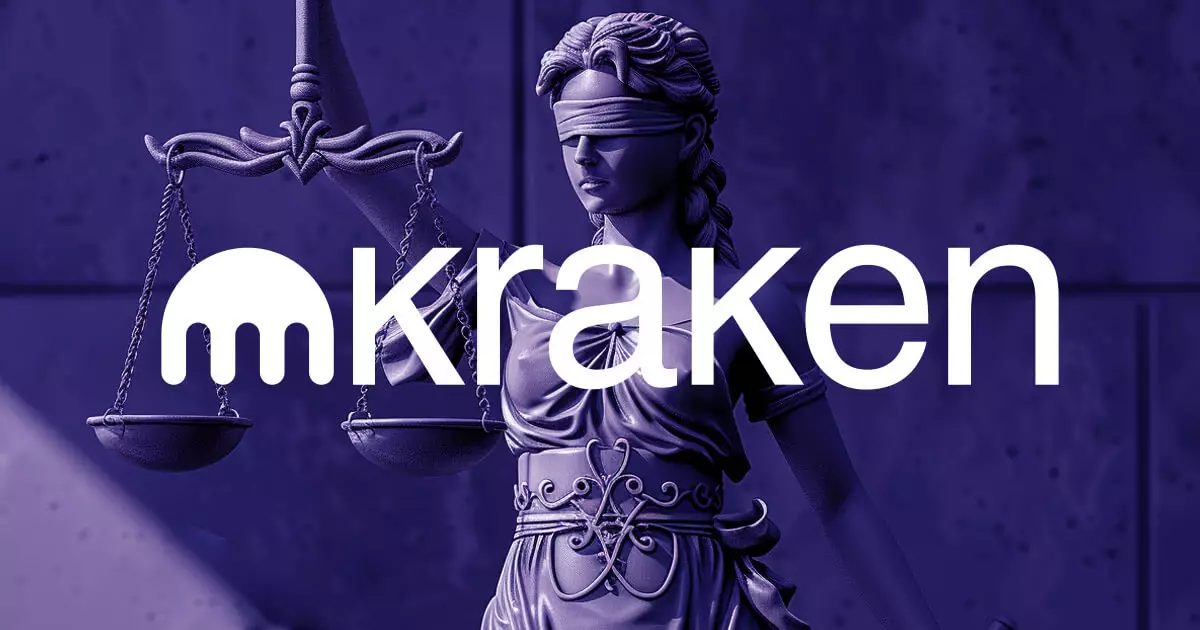In a recent development, a US federal judge has denied crypto exchange Kraken’s request to dismiss the lawsuit filed by the Securities and Exchange Commission (SEC) over allegations of operating an unregistered securities exchange. The decision by Judge William H. Orrick comes after Kraken requested a dismissal of the case filed by the SEC in November. The regulator’s complaint accused the exchange of operating an unregistered securities exchange, broker, dealer, and clearing agency. The SEC claims that Kraken has prevented customers from receiving protections such as regulatory inspections, safeguards against conflicts of interest, and compliance with recordkeeping requirements by allegedly failing to register as a security broker.
Kraken, in its motion to dismiss the case, argued that the SEC’s allegations against the company are unfounded and based on a flawed interpretation of securities laws. The exchange contended that the SEC is attempting to apply outdated regulatory frameworks to the rapidly evolving crypto industry without clear guidelines. Kraken emphasized that its staking services, which are at the center of the SEC’s case, do not constitute an unregistered securities offering, as the regulator claims. However, Judge Orrick ruled in favor of the SEC and rejected the exchange’s motion to dismiss.
The ruling aligns with SEC Chair Gary Gensler’s stance that most digital tokens are unregistered securities subject to SEC oversight. The case, officially titled Securities and Exchange Commission v. Payward Inc., will proceed in the US District Court for the Northern District of California. Kraken and the SEC have not yet responded to requests for comment as of press time.
Legal Setbacks and Financial Plans
It is noteworthy that this setback in court comes as Kraken reportedly plans to raise $100 million in a final funding round before an eventual initial public offering (IPO) in 2025. Kraken also lost a case filed by the Australian securities watchdog on the same day. According to the Australian Federal Court decision, Bit Trade Pty – which operates the Kraken exchange in the country – failed to adequately distribute its margin trading products within Australian Securities and Investments Commission (ASIC) rules. ASIC claimed that Bit Trade has been offering “margin extension” with no compliance since Oct. 5, 2021, contravening the s994B(2) of the Corporations Act each time it made the product available to a customer. Both parties now have seven days to agree on declarations and injunctions, with ASIC already stating that it intends to seek financial penalties against Bit Trade.
The legal battles faced by Kraken in the US and Australia highlight the challenges and complexities of operating a crypto exchange in a regulatory environment that is still evolving. The outcome of these cases will not only impact Kraken but may also have broader implications for the entire cryptocurrency industry. It remains to be seen how Kraken will navigate these legal challenges and whether it will be able to achieve its financial goals amidst the legal uncertainties it faces.














